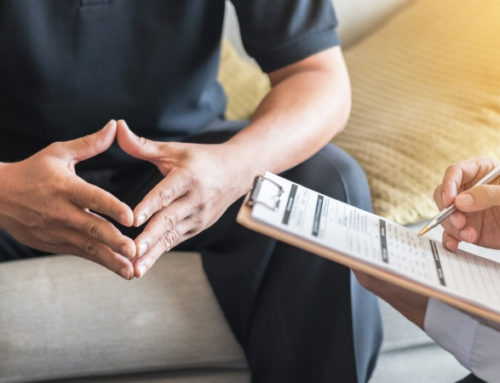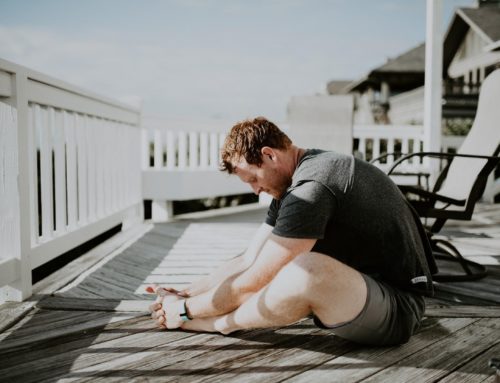Webster Merriam Dictionary defines the word denial in several ways. One definition given is:
A defense mechanism in which confrontation with a personal problem or with reality is avoided by the denying of existence the problem or reality.
For family and friends of an addict or alcoholic this definition rings true. So how does one overcome denial when dealing with addiction? Mental health professionals, as well as addiction specialists, categorize denial as a coping mechanism used by the addict or drinker. Coping mechanisms are strategies people use to deal with stress, trauma, and other uncomfortable life events. The denial can come in multiple forms such as rationalizing their behavior. For instance, some people struggling with opioid painkiller addiction refuse to believe they have a problem because their pills are prescribed by medical doctors. Rationalizing one’s use allows the addict to feel like they are able to justify negative behavior. This type of thinking is dangerous and a hard mindset to get out of.

Don’t Minimize, Accept Change
Another type of denial is minimizing the problem. Often it is easy to for people to get caught up in comparing their actions and behaviors to others. It is easy for an alcoholic to see the “real drunks” by pointing out how they have never had a DWI or did bad things like “other” people.
The distorted thinking that goes along with the denial often leads addicts to play the victim and blame others for what they’ve created. It is not uncommon for people to hold onto old resentments and run with them in order to feed the lies they constantly face. This is often seen in people who have been abused, hurt, or had past trauma. By refusing to acknowledge their own actions, they can pass the blame to others.
When an addict or an alcoholic is in denial, they often refuse or fight the idea of change. This causes strain in the family dynamic, pushes people and loved ones out of their lives, and often increase stress levels worse for those around them. This may include blaming behavior and refusing to accept or take responsibility for one’s actions. This vicious cycles serves not only to protect the addicts mindset, but also hinders one from accepting help.
Break Through Denial into Recovery
When presented with the question “How can I make them see what we see?”, mental health professionals cannot always give a simple formula for helping a loved one. It is up to the addict to decide when they want to get help. By accepting help and working towards recovery, the person can begin breaking down all the walls that denial is built upon.
Addiction therapists and professionals use an array of different methods when focusing on overcoming the denial in their client’s life. Cognitive Behavioral Therapy is often used along with other tools and techniques in the treatment plan. Using a journal, group therapy, as well as psychoeducational focused on personalizing the disease and an addict’s choices, can all help in breaking down the roadblocks to recovery that denial forms. Recovery from any sort of addiction is a long road but the end results are beautiful. If you or a loved one struggles with drug or alcohol addiction, please reach out to our addiction therapists to see how we can help.

You don’t have to go it alone
Depression, sadness, anxiety disorders, stress, and worry can make it difficult to find happiness in your life. We all need support at different times in our lives. Most of our clients seek help when their current way of dealing with life’s challenges no longer works for them. With a caring, non-judgmental, and solution-focused approach, we will explore your issues and challenges in a safe therapeutic environment at our private practice in Delray Beach, Florida.
We also remote online therapy from the comfort and security of home that will allow you to learn more effective ways of managing your anxiety and stress during the pandemic, allowing you to receive the mental health help you need, no matter where you are. Call us to schedule a video therapy session, or to learn more about out effective therapy programs.





